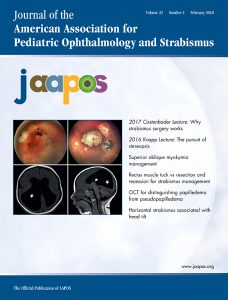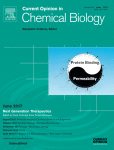 When the former editor of a public health journal didn’t get a straight answer about why the journal retracted his paper that was critical of corporate-sponsored research, he brought his concerns to an organization dedicated to promoting integrity in academic publishing. He wanted the group to help resolve the impasse he’d reached with the publisher, but was sorely disappointed.
When the former editor of a public health journal didn’t get a straight answer about why the journal retracted his paper that was critical of corporate-sponsored research, he brought his concerns to an organization dedicated to promoting integrity in academic publishing. He wanted the group to help resolve the impasse he’d reached with the publisher, but was sorely disappointed.
David Egilman, the former editor of the International Journal of Occupational and Environmental Health, had been seeking answers about the paper for a year. In November, the journal’s editorial board resigned, in protest of the “apparent new direction that the journal appears to be moving towards.” They objected to the “unilateral withdraw[al]” of Egilman’s paper, with little explanation, the delay in publishing other papers that had been accepted under Egilman’s leadership, and the decision to appoint a new editor with industry ties.
Amidst all that upheaval at the journal, Egilman still wasn’t getting the answers he wanted about why his paper was withdrawn. So he brought his concerns to the Committee on Publication Ethics (COPE).
 Before we present this week’s Weekend Reads, a question: Do you enjoy our weekly roundup? If so, we could really use your help. Would you consider a
Before we present this week’s Weekend Reads, a question: Do you enjoy our weekly roundup? If so, we could really use your help. Would you consider a  The
The 

 More than two thousand researchers have
More than two thousand researchers have 

